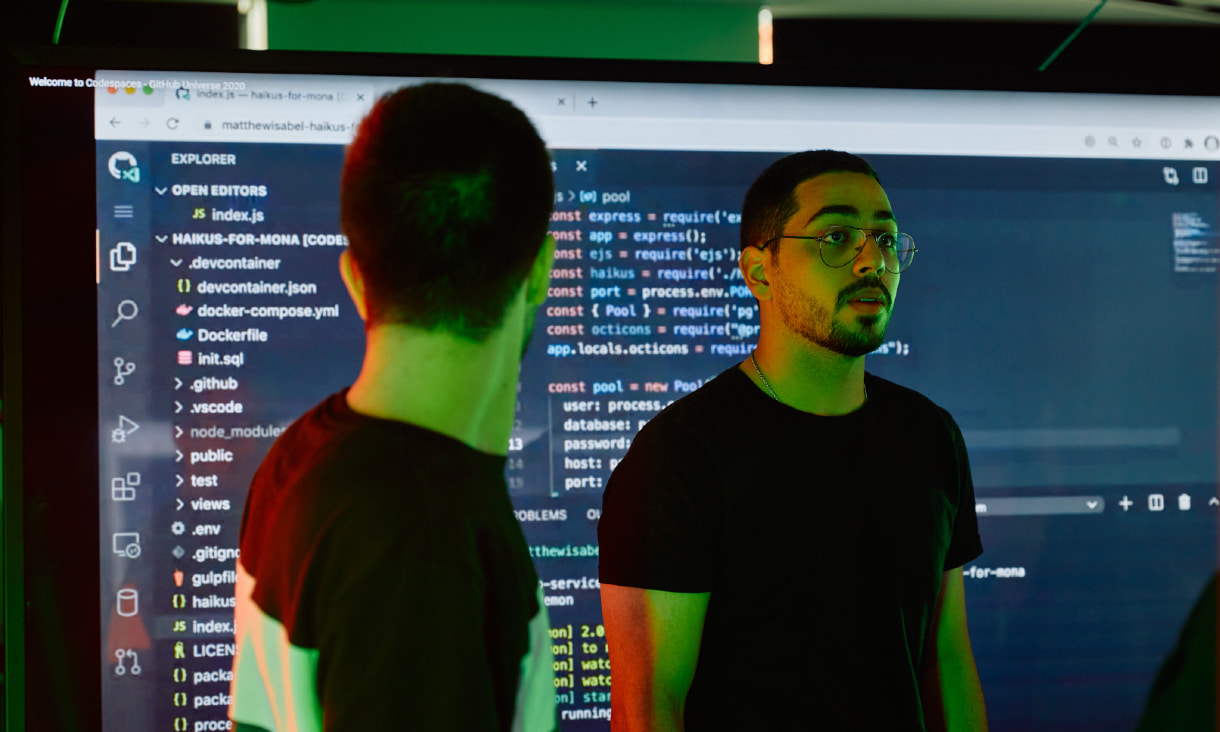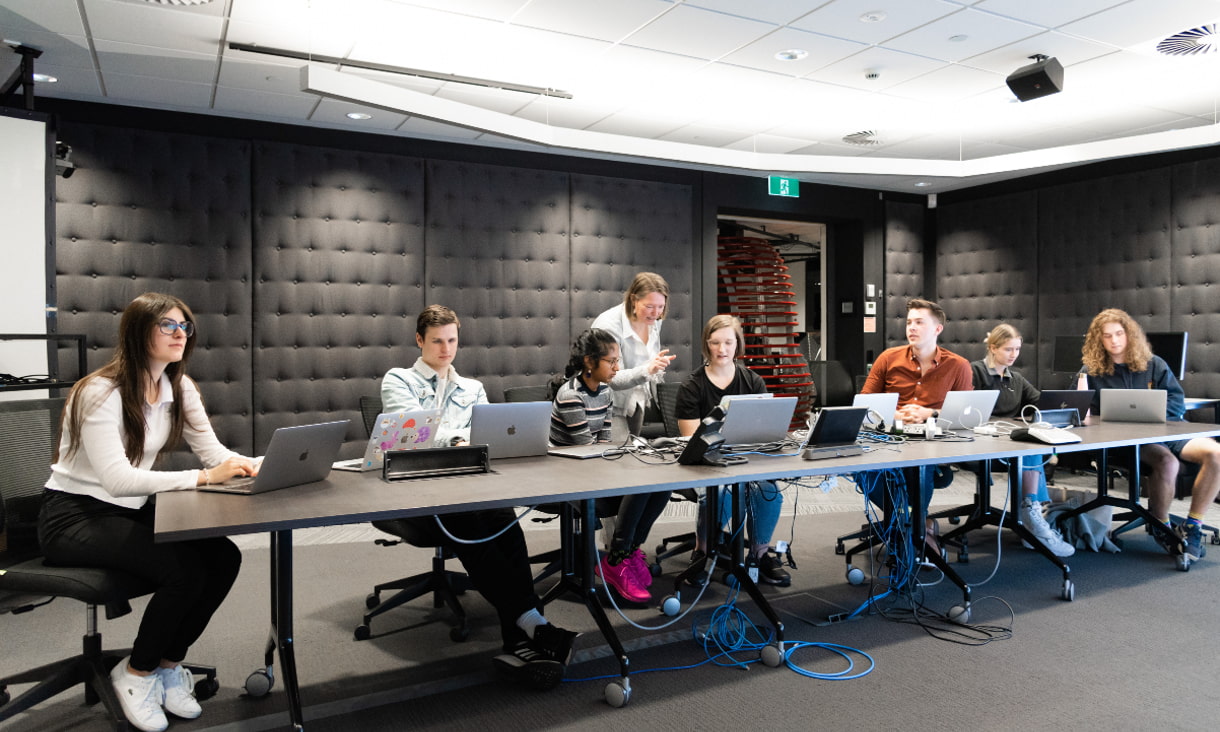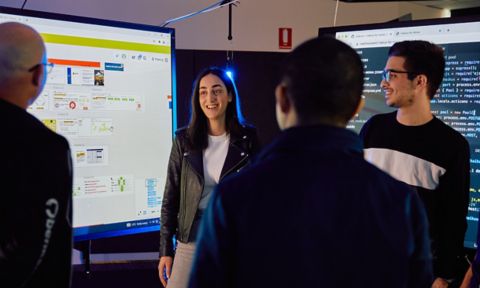Gaining IT skills means more than just getting the expertise and specialisations to work with tech at a professional level. It’s also a great opportunity to get a foothold in an industry with so many new connections.
In fact, you can begin networking and meeting members of the IT industry before you even complete your studies.
Master of Data Science student Tannya Varshney described working with industry as one of the most beneficial aspects of her studies, especially since it led to her gaining an internship with an RMIT industry partner.
“We participated in a Datathon. ANZ was the main sponsor and the competition was about Melbourne public transport data,” said Tannya. “Myself and a few of my classmates grouped together and developed an app that would tell you a better transport for your journey. You put in your journey, your time and then it calculates whether you should take a car or public transport for your specific journey and that is how I got an internship from ANZ.”
While all of RMIT’s IT courses offer chances to gain industry-connected experience and hands-on learning, the Master of Data Science teaches you the theory behind analytics and computer science, giving you a peak behind screen at the software and data that makes technology tick.







